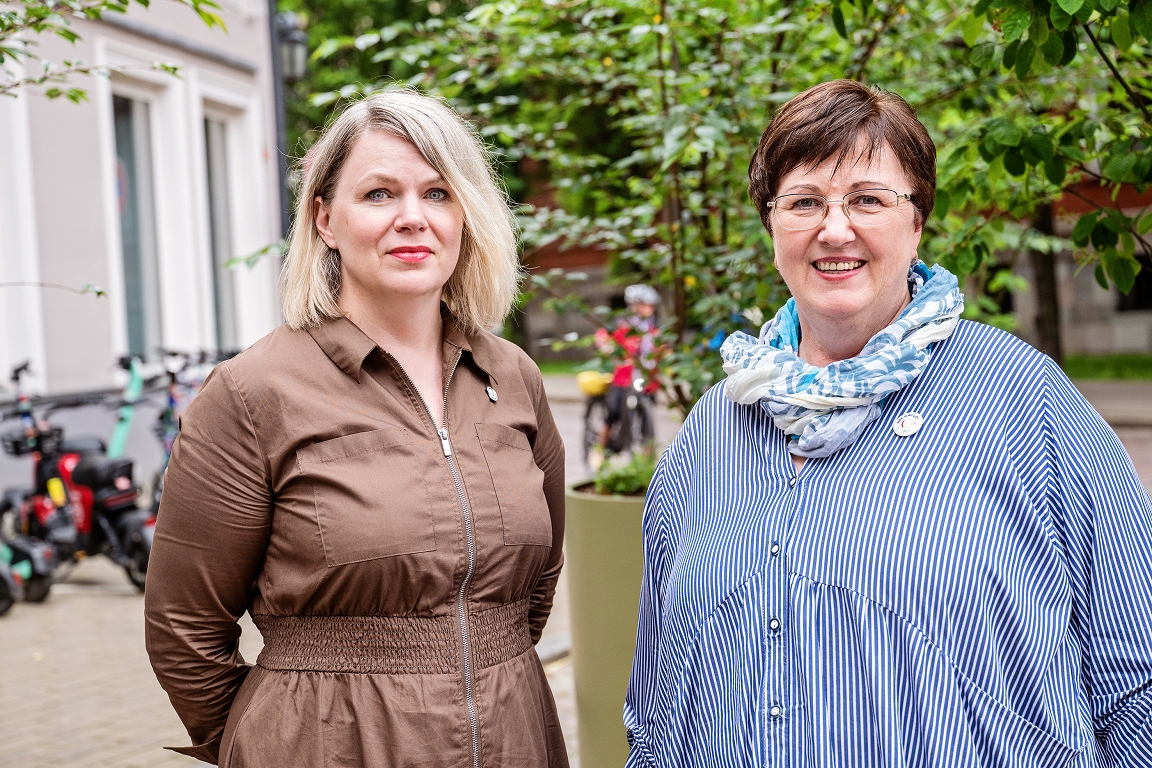Eurostar can hardly keep up with the demand for international trains
/s3/static.nrc.nl/images/gn4/stripped/data133475314-7cdf89.jpg|https://images.nrc.nl/F37yN7QeqD4y1xSvgbRsa5rFNSo=/1920x/filters:no_upscale()/s3/static.nrc.nl/images/gn4/stripped/data133475314-7cdf89.jpg|https://images.nrc.nl/iyZNt2fM0RoRr7Pn6ku4tSmar3c=/5760x/filters:no_upscale()/s3/static.nrc.nl/images/gn4/stripped/data133475314-7cdf89.jpg)
On Friday, Gwendoline Cazenava, President of Eurostar, still relieved that the strike at NS had no influence on her timetable. But on Tuesday the provider of high -speed trains to London and Paris must also delete all trains to and from Amsterdam.
« A wrinkle-free travel experience, » said Cazenave on Friday, is what Euro-Star wants to offer its passengers. « With a smooth journey from, for example, the heart of Amsterdam to the center of London, we want to distinguish ourselves from the airlines, » she said during an explanation of the annual figures.
Due to the NS strike, little will come of that on Tuesday. Travelers can change their ticket without costs to another Eurostar train up to two months after the canceled trip. For example, the disruption of Dutch train traffic is a damper on the positive results that the carrier published on Tuesday.
Eurostar has never achieved such a high turnover as in 2024: more than 2 billion euros, 2 percent more than in 2023. « The demand for international train journeys remains high, » says Cazenave. But that also applies to inflation and fixed costs. Eurostars gross result (for interest, taxes and other costs) fell by 18 percent, to 346 million euros. For the first time, Eurostar, a consolidated daughter of the French railway company SNCF, also mentions its net profit: 155 million euros.
« 2024 was an exceptional year, awarded the successes of the Olympic Games in Paris, » says Cazenava. While Air France-KLM already stated last year that the airline income was missing because tourists avoid the Olympic crowds in Paris, Eurostar says he has just benefited from the Games. It transported more than two thousand athletes and supervisors from Amsterdam, Brussels and London to Paris. Eurostar started 160 extra trains – 27 percent more seats.
New routes
In 2030, Eurostar could again give its results an Olympic push. Then the Winter Games take place in the French Alps, not far from Geneva. At the moment Eurostar is not yet driving to the region, but Geneva is one of the places to which the carrier wants to expand. Around 2030 are on the Amsterdam-Gene and London-Gene planning planning, Eurostar reported Tuesday, Plus London-Frankfurt. The carrier wants to connect important business centers in Europe.
However, whether those extensions succeed for the Winter Games is the question. The planning is tight. In Geneva (and Frankfurt), Eurostar has no facilities yet to perform border controls and to check luggage. Such ‘airport -like’ facilities are mandatory for travel to the United Kingdom.
The experience at Amsterdam Central-where Eurostar finally opened a new VK terminal in February 2025-shows that it can take four to five years before such a terminal is available. Most (old) stations have little room to expand.
Photo Ramon van Flymen/ANP
As fast as Eurostar’s trains usually run, the expansion of the timetable is so slow. « Our biggest challenge is to expand our capacity, » says Cazenave. « But I think that is a ‘positive problem’. The demand for international train journeys is so strong … » According to her, that applies to more expensive ‘premium’ tickets and to cheaper last-minutes. « Tourists from North America and Asia also know where to find us. Many want to take the train immediately when their plane has landed. »
New trains
Increasing capacity not only includes the stations and border control, but also the different procedures for reserving capacity on the track per country. Cazenava: « Fortunately we have a lot of experience with that. »
Buying new high -speed trains also slows down a rapid expansion. In the coming years, Eurostar will invest around 2 billion euros to fifty new trains. But they will only be delivered from the beginning of 2030. Then outdated trains go out of the fleet and Euro-Star goes from 51 to 67 trains. For example, the carrier wants to grow from 20 million passengers now, to 30 million in 2030.
Cazenava says she would like « a magic wand » to get the trains faster. The trains of the trains will take place ‘soon’. « The financing is completed, we agree with the shareholders, but we still have to discuss a few points with the manufacturer. » Whoever gets the order does not want to announce Eurostar yet; The German Siemens and the French Alstom have the greatest chance.
Channel tunnel
Train builders are busy. The Italian state railway company Ferrovie Dello Stato (FS), the British Gemini (which cooperates with Uber), Virgin of Richard Branson and the Swiss railways want to buy high -speed trains. FS, which is already running flash trains in Italy, wants to start in 2029 and invests 1 billion euros. Virgin is about to put 500 million pounds (594 million euros) in twelve trains. They should drive from 2028.
The new carriers in particular aces on the process through the Channel Tunnel, between London and the European mainland. Eurostar has had a monopoly there for thirty years. Getlink, the manager of the tunnel, and the British supervisor Office of Rail and Road (ORR) also encourage other companies to use the tunnel. Cazenava says she doesn’t fear the competition. « The interest of other carriers shows a strong token of trust in the rail market. And it is positive for sustainability. »
Full of impatience, Eurostar’s competitors have been waiting for years until the British government ‘displays’ the Channel Tunnel. A concrete bottleneck is a train workshop in East London. The Temple Mills depot, which Rentar rents from the British government, is the only place on the high-speed line to the Channel Tunnel where trains can be stored or maintained. Eurostar says that the depot is almost full and that there is no room for other carriers, not even for Eurostar’s own future plans. The British regulator must decide whether the Eurostar can force them to make way for one or more other carriers. That decision is expected at the end of 2025.
The demand for international train journeys is high, but the sector cannot keep up with that question. The space on stations is scarce, the construction of new trains is slow and the decision -making is syrupy. Gwendoline Cazenave remains optimistic. « We are in a golden age of internationally sustainable travel. » Now first look for a place for customs booths and luggage scanners at the stations in Geneva and Frankfurt.

:format(jpeg):fill(f8f8f8,true)/s3/static.nrc.nl/bvhw/wp-content/blogs.dir/114/files/2022/03/februari-maxim-2022-0309-1280.png)
:format(jpeg):fill(f8f8f8,true)/s3/static.nrc.nl/wp-content/uploads/2019/07/fritshome.png)



